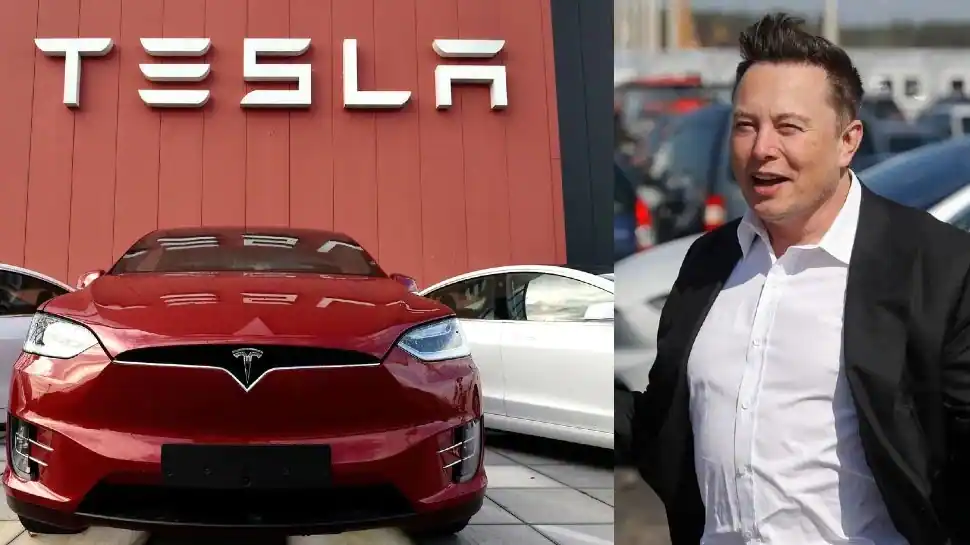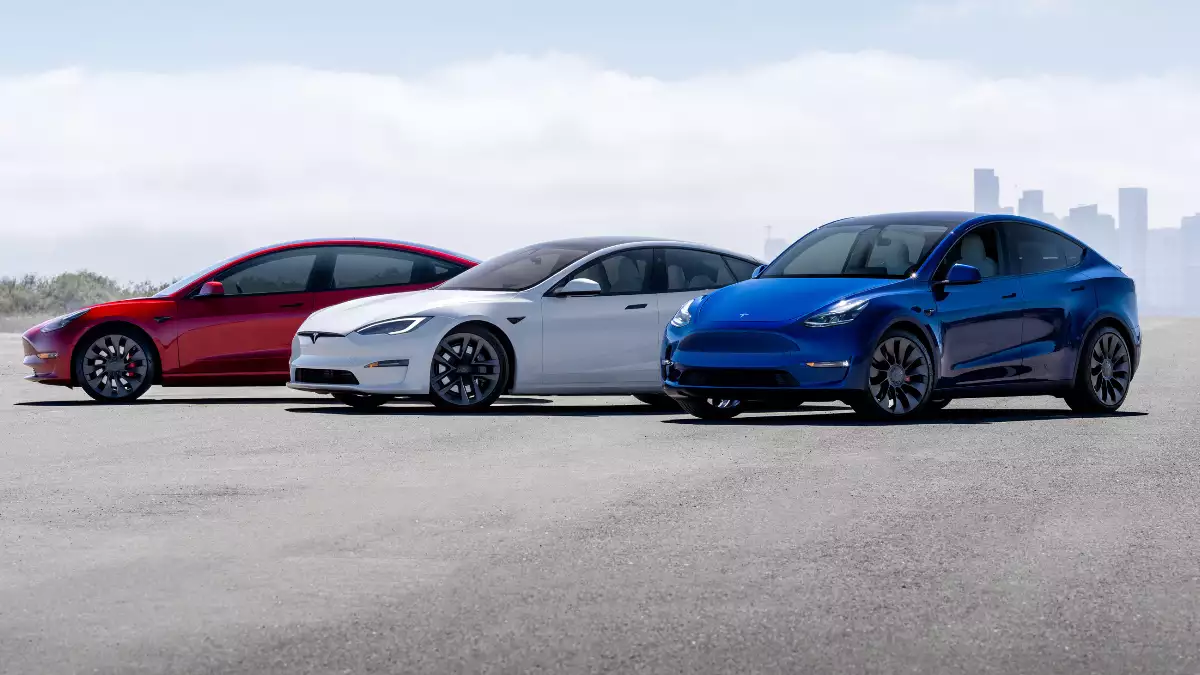A team of Tesla executives is scheduled to meet with officials from the Prime Minister’s Office, as well as representatives from the finance and heavy industries ministries on May 17 and 18. According to a senior government official, the purpose of the meetings is to assess Tesla’s offerings for the Indian market. Factors such as timelines and value additions will play a crucial role in determining whether any concessions will be granted to the company.
“Tesla executives will be meeting with officials in the PMO. They will also meet with officials of the ministries of finance and heavy industries, and the NITI Aayog. We will listen to what they are offering for the Indian market, which is huge. Their plan must have something to benefit the Indian market,” the official stated.
The official clarified that any concessions provided by the government would not be exclusive to the automaker but would be applicable to the entire electric vehicle (EV) sector. These concessions would be based on project details, timelines, and value-added contributions. The official mentioned that Tesla might request concessions for initial machinery and manpower imports. Ultimately, the decision will hinge on the value Tesla brings to the vast Indian market.
“We have to analyse the implications of what Tesla asks for. If they are offering to set up a battery manufacturing unit, charging stations infrastructure or a manufacturing unit, discussions will continue even after their visit and then we will arrive at a decision,” he said.

The official stated that if Tesla proposes the establishment of a research and development (R&D) facility or a center of excellence (CoE), India would readily agree, eliminating the need for extensive consideration.
In the past, the automaker had requested a reduction in import duties on electric cars imported into India. Currently, Tesla vehicles priced above $40,000 attract a 100 percent import duty, while cheaper models face a 40 percent duty. Tesla has argued that India’s import duties are among the highest globally in the sector. Although India had initially declined to lower the duties, it expressed interest in the possibility if the US based automaker established a manufacturing unit in the country and created employment opportunities.
Discussions with Indian officials are likely to focus on the potential for local sourcing of components for Tesla’s car models, signaling the company’s interest in diversifying its supply chain beyond China.
This visit could prove to be a pivotal moment in the relationship between India and Tesla, as the electric vehicle manufacturer has yet to establish a significant presence in the country. By engaging with Indian authorities, the automaker aims to lay the groundwork for potential future operations in one of the world’s largest automobile markets.
India has been actively promoting the adoption of electric vehicles as part of its efforts to combat air pollution and reduce reliance on fossil fuels. Tesla’s entry into the Indian market could present an appealing prospect for both parties. Furthermore, expanding its supply chain in India would allow Tesla to diversify its operations and align with India’s “Make in India” initiative, which encourages domestic manufacturing and sourcing.
Also Read:
- India electric vehicle sales report for April 2023
- EV charging stations infrastructure still has a long way to go in India

